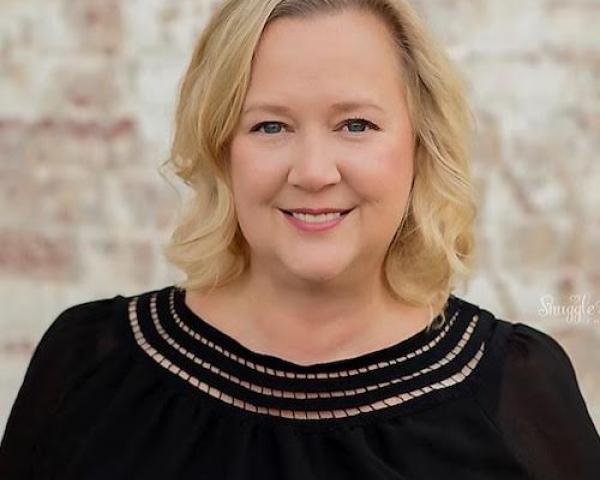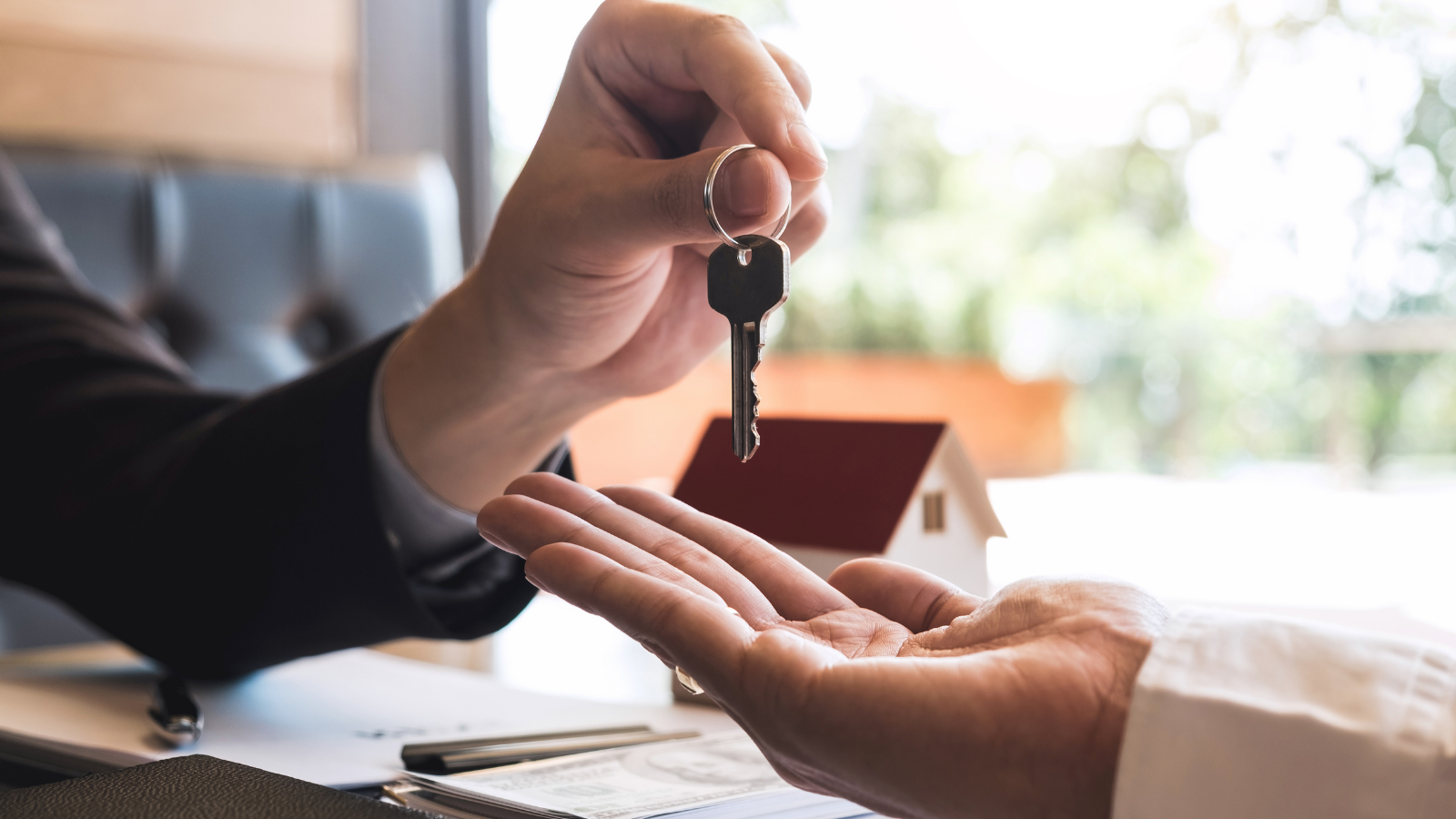According to Chubb’s 2020 Homeowners Risk Survey, American homeowners have been inescapably affected by the COVID-19 pandemic. This fourth annual survey, which measures homeowners’ attitudes and behavior toward property protection, not only looked at such topics as renovations and water damage, it also adopted a COVID-19 lens to understand what risks and challenges have affected homeowners.
One-third of all homeowners have put off home maintenance due to COVID-19 concerns, and 45% say that COVID-19 has reduced contractors’ ability to address maintenance needs. Postponing necessary home maintenance can be a critical mistake, as letting small problems fester can lead to expensive repairs. Even so, despite not wanting contractors in their home, homeowners are not willing to tackle some important home protection matters themselves, including such measures as checking appliances hoses, inspecting home heating systems and conducting water heater maintenance.
In addition to understanding home maintenance concerns, the 2020 Chubb Homeowners’ Risk Survey also found that COVID-19 has challenged city-dwellers to consider moving to more suburban areas, along with an influx in interest of rental homes.
For a copy of the full executive summary, click here. Key findings from the survey are identified below.
Property Risk During Quarantine
As we all continue to feel the pressures of COVID-19 while trying to stay safe and healthy, it’s possible that quieter home risks have taken a back seat. According to the 2020 survey, the top three risks that homeowners are most concerned about are the day-to-day upkeep of their homes (60%), maintaining their home value (45%) and weather-related water damage (38%). With just 38% of homeowners showing concern about external or weather-related water damage in 2020, the survey shows a significant dip from the 2019 survey – which reported 75% of homeowners concerned about external or weather-related water damage.
Homeowner awareness of weather-related water damage is important, as they will likely be better prepared to protect their property from increasingly aggressive and frequent storms. However, it remains equally important for homeowners to remain vigilant against interior water leaks. In fact, interior water damage is more common and costly than homeowners may think. And during a time where individuals are spending their time indoors, homeowners may lose sight of the hidden threats of leaking pipes. Since the beginning of quarantine, 20% of homeowners have experienced some form of water damage; according to Chubb claims data, a single internal water leak now averages in excess of $50,000 in damage. Homeowners must remain keenly aware of potential water damage risks in their homes.
See also: Accelerating Into 2021
Maintaining Home Improvement During COVID-19
Although COVID-19 has raised homeowners’ concern about contractors entering their homes, they are still not taking proper home protection measures into their own hands. According to the 2020 survey, no more than a third of homeowners employ home protection behaviors such as: periodically checking appliance hoses (19%), inspecting home heating systems (19%), conducting water heater maintenance (16%), shutting off water supply while on vacation (15%) and installing pipe insulation (12%).
Additionally, less than half of homeowners (43%) have conducted home improvement projects, with only 17% of respondents bringing in a contractor and 26% relying on their own home improvement DIY skills. Furthermore, 12% of homeowners saw an issue, but with COVID-19 concerns did not bring a contractor inside their homes to address the problem.
For homeowners who lack home repair skills or have home repairs that require a contractor, here are steps they can take to reduce risks in hiring home contractors during COVID-19:
- Ask your contractor if they have been experiencing any COVID-19 symptoms, if they’ve been in contact with anyone who has tested positive and what daily precautions they take when interacting with other customers.
- Request that the contractor wear a mask inside your home and ensure that everyone else within the home wears one, as well. While inside, open doors and turn on all lights to reduce the number of surfaces the contractor may touch.
- Consider using digital payment options.
- Maintain at least six feet of social distancing when the contractor is working in your home.
- Fully disinfect any area in which the contractor has worked.
Finally, while not specific to COVID-19, it’s always important to request a certificate of insurance from your contractor prior to starting work in your home.
Relocating Due to COVID-19
One of the trends that the U.S. has seen during the pandemic is a suburban flight at record numbers – perhaps as a result of prolonged time spent indoors. In the Chubb 2020 survey, results showed that 32% of homeowners in urban areas nationwide are considering moving out of their city.
Homeowners under the age of 45 are most interested in relocating, as this age group is more likely to have younger children and may benefit from having extra square feet to balance remote work, learning and day-to-day life.
As city-dwellers rush to relocate, property risks can be overlooked when making a purchase. For example, new suburban homeowners must be mindful of maintenance that may not have applied to their city home – such as the installation of sump pumps and the care of a septic tanks in areas outside of large cities.
Not only have home sales increased in suburban areas, outside of New York City, for example, but there has also been an influx in interest in rental homes. Whether it be a short- or long-term rental, people have been looking for an escape from the long quarantine inside their homes or apartments. However, along with any other aspect of homeownership, renting out one’s secondary home can come with risks.
See also: COVID-19’s Once-in-a-Lifetime Opportunity
According to the study, 74% of respondents have not installed a water shut-off device, with a majority of the group reporting they have never even considered this device before. And many renters may not be familiar with the home’s plumbing systems and may not know where to turn off the water supply if a leak occurs.
Although life may be on hold in many ways due to COVID-19, it’s important to remember that home protection is a constant challenge.







